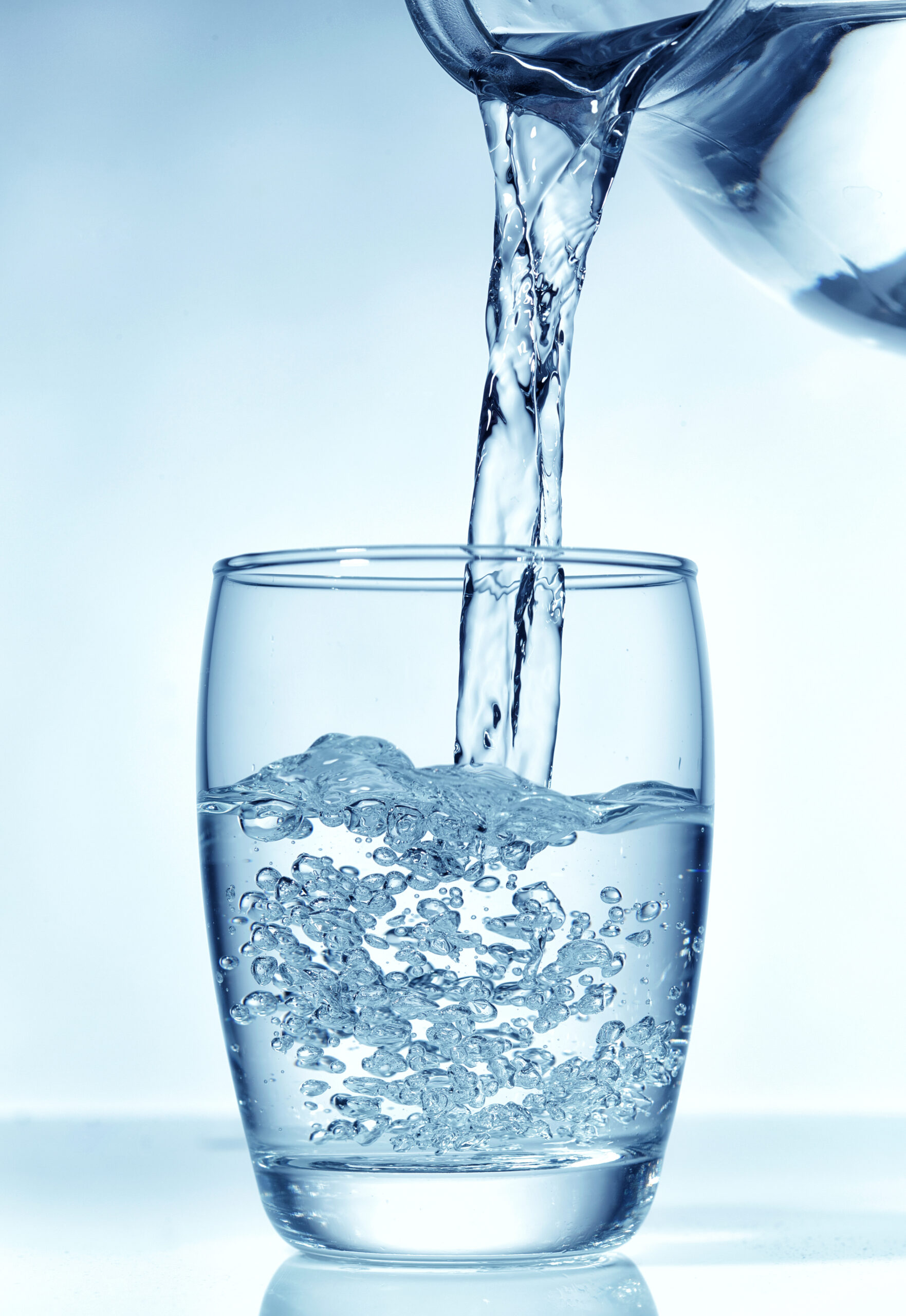
It’s summer. Warmer weather, longer days, and more sunshine lie ahead. We hope you’ll soak up every minute you can—but also keep your health top-of-mind. With climbing temperatures, there’s a greater risk of dehydration. Ensuring you drink enough water is the easiest way to give your body a summertime boost. After all, water helps regulate body temperature, transport essential nutrients, and flush out waste. So, when you don’t get enough, your body suffers. Untreated dehydration can cause serious health problems like heat cramps, heat exhaustion, or even heatstroke.
First, understand dehydration

While staying hydrated is essential for everyone’s health, the risk of dehydration is higher for older adults and people living with certain chronic illnesses like diabetes. So, it’s crucial to make healthy water intake a healthy habit that sticks with you through the years.
You become dehydrated when your body loses more water than it takes in. There are many causes of dehydration including diarrhea or vomiting, excessive sweating or urinating, and fever. But the most common reason is that we simply don’t drink enough water in the first place. And considering that dehydration can lead to serious health problems, it’s important to recognize the signs.
Common symptoms include:
If you experience any of these common symptoms, try drinking more water. If symptoms persist though, talk with your doctor.
Get medical attention immediately if you experience any of these potentially life-threatening symptoms:
- Lack of urination
- Lightheadedness or Fainting
- Rapid breathing or heartbeat
- Shock
- Sudden and unexplained confusion
Then, sip smart to stay cool
Here are seven practical tips for supplying your body with the water it needs to thrive during the lazy days of summer (and the first one should be no surprise).
1. Drink plenty of water
Drink water regularly throughout the day. Don’t wait until you feel thirsty because that’s a sign that you’re already dehydrated. As a general guideline, aim for at least 8 cups (64 ounces) of water daily. The recommended amount can vary though, depending on your needs and the temperature outside. So, ask your doctor if you’re unsure about the right amount of water for you.
2. Add flavor
If plain water isn’t your thing, add flavor with a few slices of citrus, cucumber, or mint. You can also try sparkling water and decaffeinated herbal teas like chamomile or peppermint.
3. Set reminders
Use smartphone apps to set up reminders to drink water regularly. Some of our favorite apps are:
But if you don’t want to download an app, you can also set a timer or use an alarm to remind yourself.
4. Eat “water-rich” foods
Since certain fruits and vegetables provide a good amount of water, try adding them to your diet. These foods include:
- Bell peppers
- Berries
- Cabbage
- Carrots
- Grapes
- Lettuce
- Melons
- Oranges
- Spinach
- Tomatoes
They’ll help you stay hydrated while providing the essential vitamins and minerals your body needs.
5. Avoid or limit alcohol consumption
Alcohol consumption can increase the risk of dehydration because it’s a diuretic and causes your body to produce more urine. Drink water when consuming alcoholic beverages and limit your intake to reduce the risk.
6. Stay cool indoors
Stay indoors with air conditioning as much as possible during the hottest parts of the day when temperatures reach their peak levels outside (usually 10 a.m. to 4 p.m.).
If you must go outside during that time, take frequent breaks in shaded areas. Also, make sure you’re wearing light-colored, lightweight, and loose-fitting clothing. This helps you stay cool and prevents excessive sweating.
7. Monitor medications
Certain illnesses (like uncontrolled diabetes) and medications (like diuretics) can cause excessive urination. Ask your doctor about any medications you take and their side effects, so you can adjust your water intake accordingly.
Want more healthy lifestyle tips?
Check out our blog for more tips on how to live well. You’ll also learn how Traditions Health provides exceptional patient care through our home health, palliative care, and hospice services.